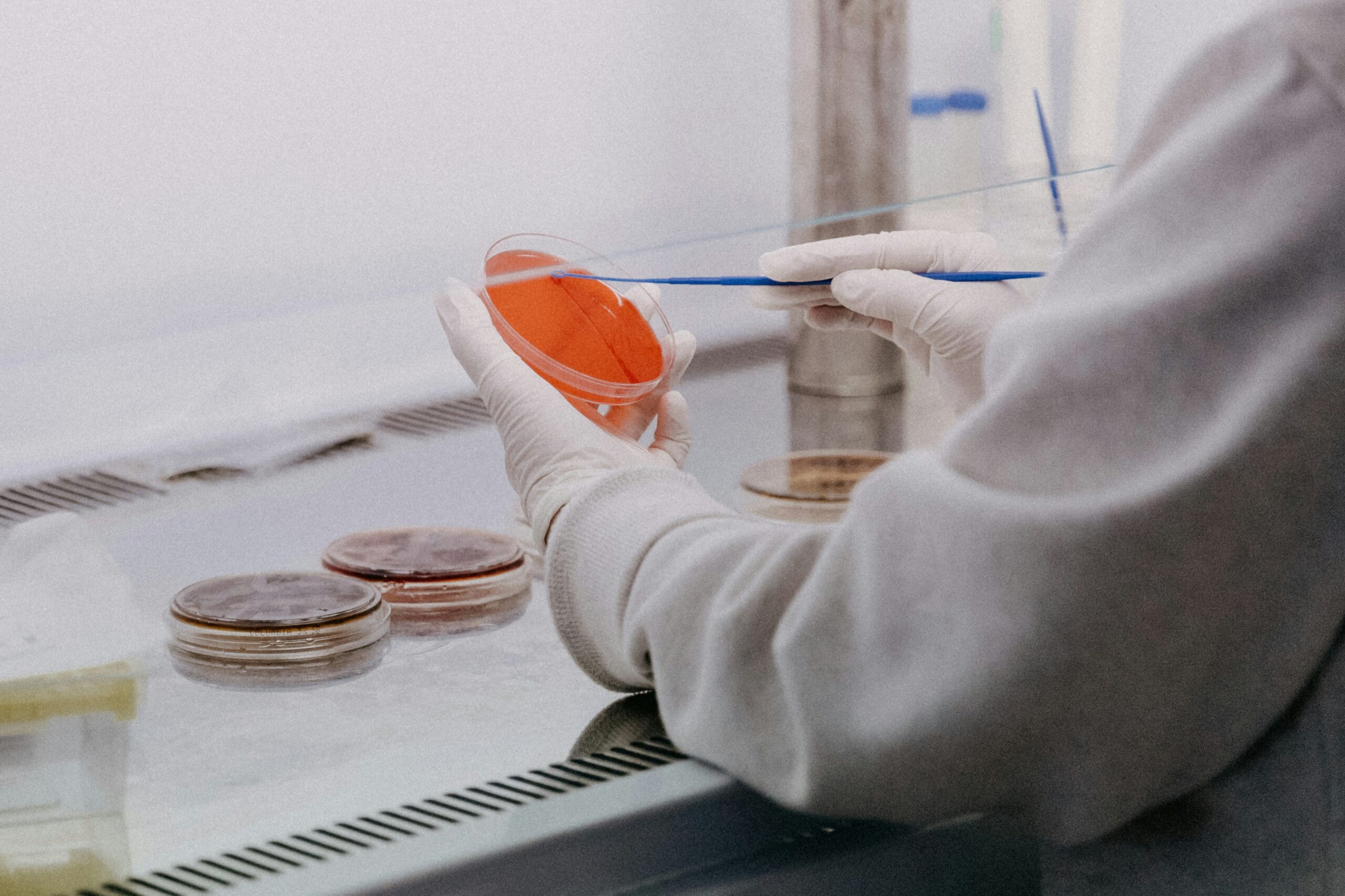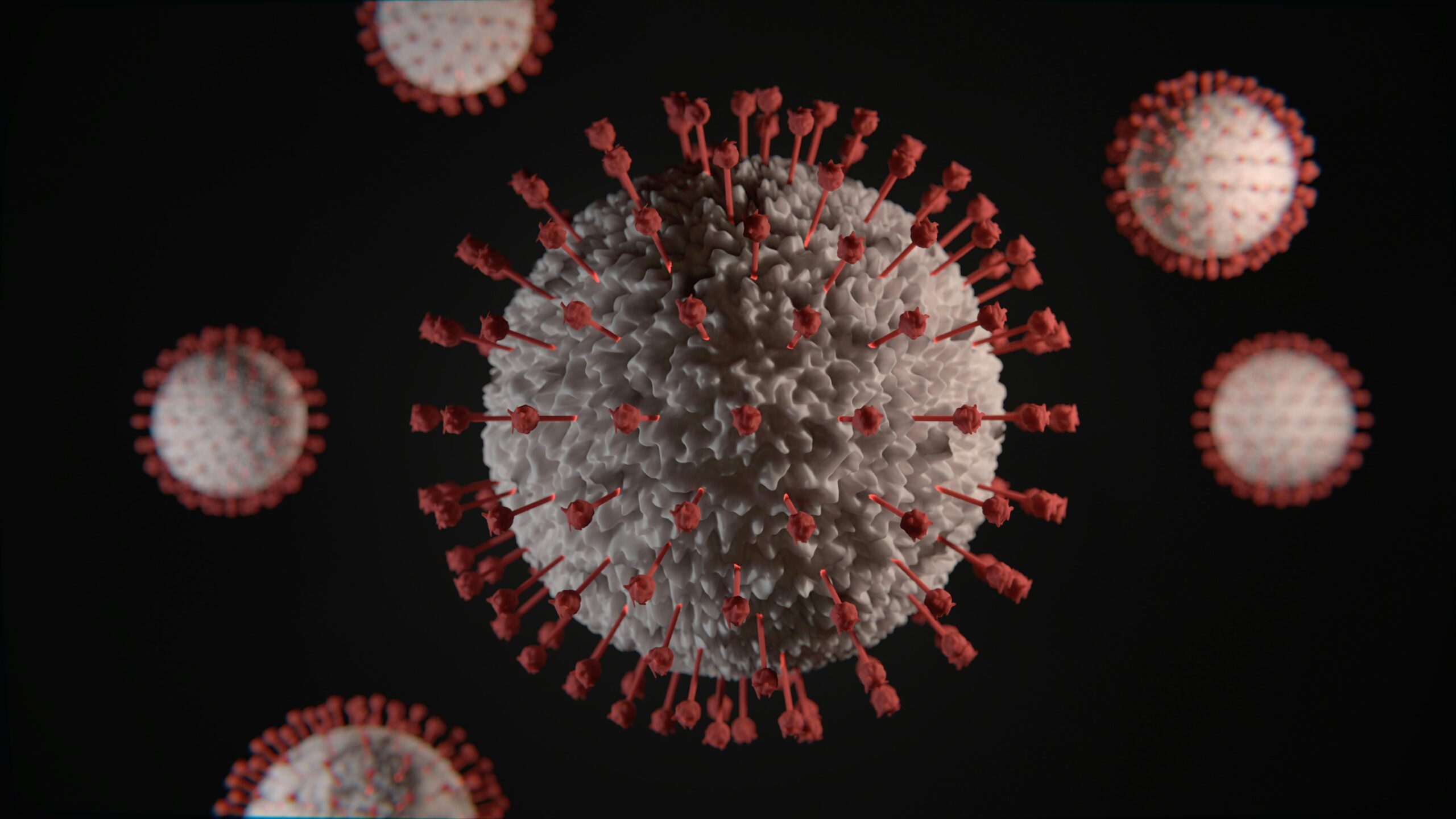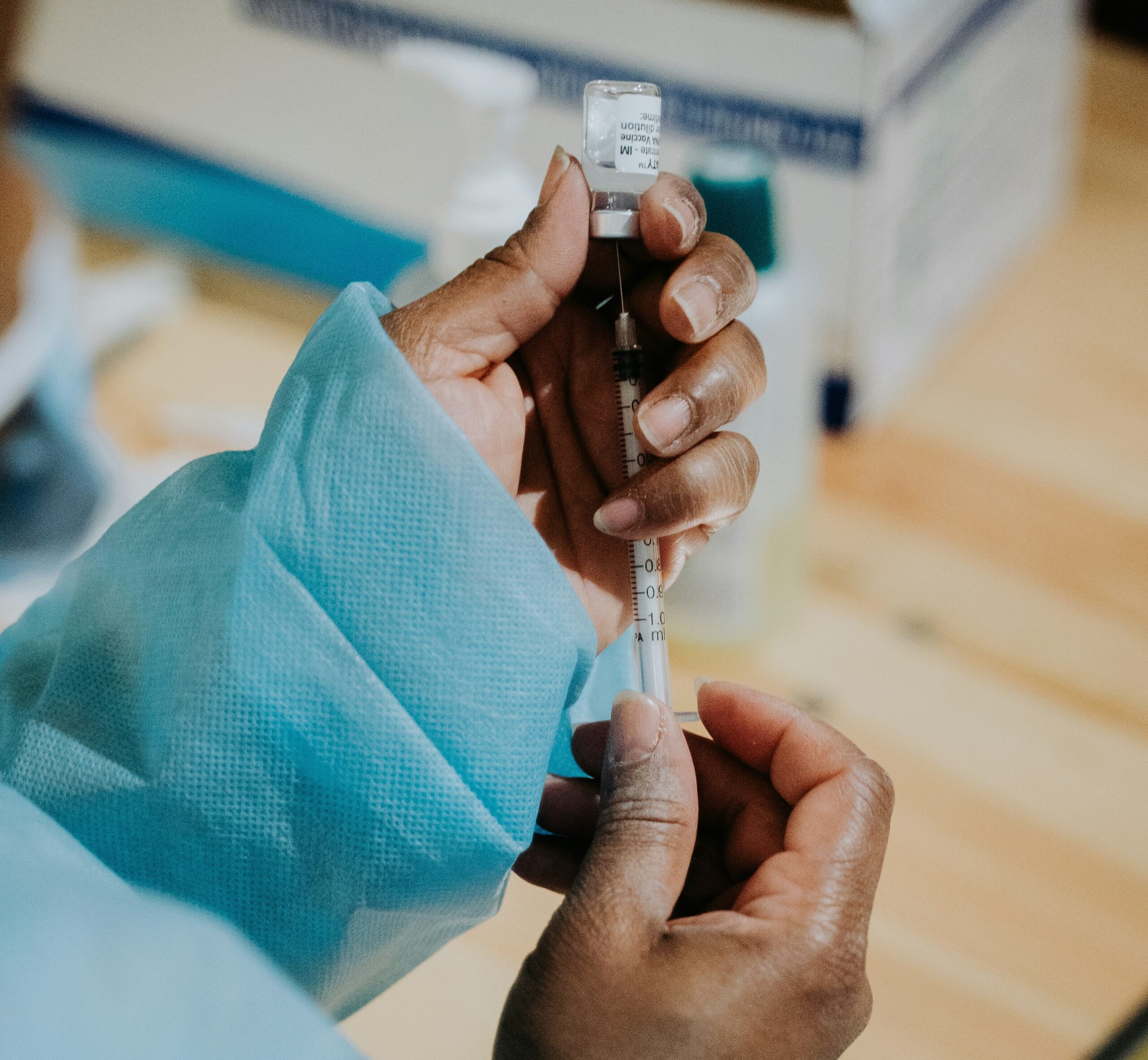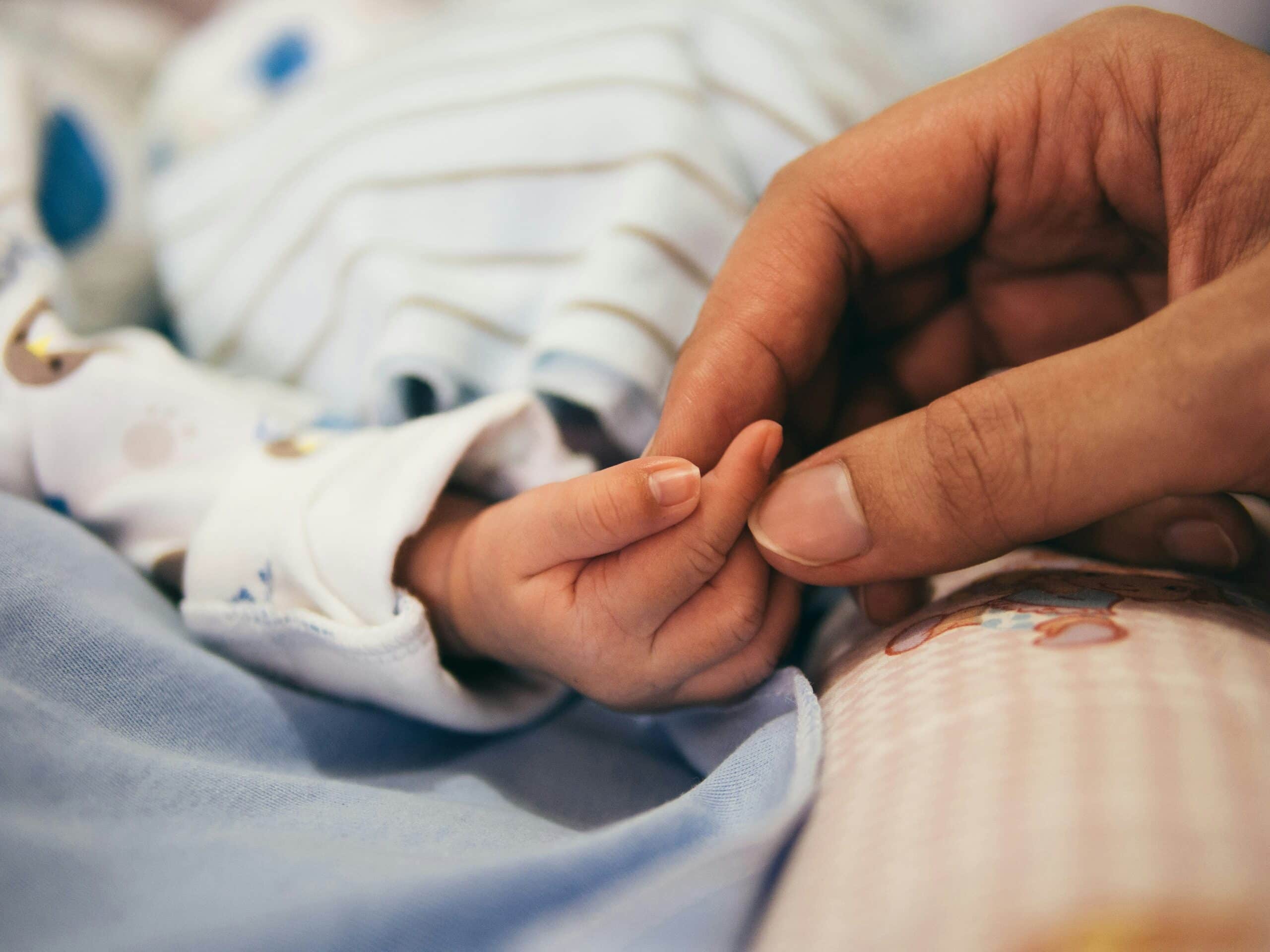
COVID-19 Survey IV (2024)
Impacts on Scientific Research
Section 01
Survey Overview and Demographics
General Overview
Study Date: 15.05.24–15.06.24
Geographic Coverage: United States
Expertise:
- 77.4% Biology
- 22.6% Civil and Environmental Engineering
Response Overview
Sample Size: 1874
Valid Responses: 163
Response Rate: 8.8
Date initial findings posted: 10.28.24
Most recent update: 10.28.24
Days survey in field: 31
Average response time: 10.5
Survey Demographics
Respondent Demographics:
- 32.9% Female
- 67.1% Male
- 100% Academic
Language(s): English
Section Overview
In this fourth round survey on COVID-19, we asked scientists about the ways in which their professional and personal lives have been impacted over the past few years. We also asked their opinions on policy issues related to the pandemic and the ways their institution responded.
Question
Finding
Scientists report that the top two major negative impacts on scientific research as a result of social distancing and other COVID-19-related policies over the past four years are:
(i) Disruptions caused by slow downs or university closures (50%), and
(ii) Lab work disruptions (49%).
Question
Finding
The two most commonly reported work-life situations that had major negative impacts on scientific research over the past four years are:
(i) unanticipated shift of courses from in-person to online (51%), and
(ii) increased burden from managing student-related issues (50%).
Question
Finding
The most commonly reported home-life situations that led to major negative impacts on research over the past four years are:
(i) anxiety about themselves or a family member contracting COVID-19 (34%), &
(ii) inability to concentrate on research activities (33%).
These two negative impacts of Covid-19 have been reported as the top two items having negative impacts across all four SciOPS Covid-19 surveys.
All faculty report that home-life situations had negative impacts on their research. However, untenured tenure-track and non-tenure-track academic respondents report more major negative impact of unanticipated childcare responsibilities on research than tenured faculty did (p<0.05).
Question
Finding
Both women and men faculty report that home-life situations had negative impacts on their research. However, a higher proportion of female faculty report to have experienced negative impacts from unanticipated childcare responsibilities (p<0.1) and an inability to concentrate on research activities (p<0.1).
Question
Finding
Scientists report that the top three positive impacts on scientific research as a result of social distancing and other COVID-19-related policies over the past four years are:
(i) exploration of new research topics (42%),
(ii) development of new collaborations (41%), and
(iii) catching up on research commitments (35%).
Exploration of new topics has been the most positive impact from Covid-19 related policies reported across all four SciOPS Covid-19 surveys.
Question
Finding
The top two ways scientists contributed their expertise to addressing the pandemic over the past four years are:
(i) reviewing others’ research findings or reports relevant to Covid-19 (20%), and
(ii) providing lab supplies or equipment to other researchers working on COVID-19 (19%).
Question
Q7 and Q8)
Finding
Less than one-tenth (7%) of respondents report having applied for research support to help address the impact of Covid-19 pandemic over the past four years. Among them, more than two thirds have received (69%) the support.
Question
Finding
Scientists report that the COVID-19 pandemic has had various impacts on their research output and mentoring activities. The top three areas that somewhat or substantially decreased are:
(i) Amount of research data they collected (70%),
(ii) Number of papers they submitted (55%) and published (53%), and
(iii) Number of students they advised (51%).
A large proportion of respondents (62%) report that the COVID-19 pandemic substantially or somewhat increased the time needed for the students they advised to finish their program.
In the 2022 Covid-19 impact survey, we also asked about this question (with fewer options), and respondents also reported that (1) amount of data collected, (2) number of papers published, and (3) number of papers submitted as having decreased the most across all items.
Question
Finding
Significantly more untenured tenure-track and non-tenure-track academic faculty report negative impacts (somewhat and substantially decreased) from the pandemic on the number of papers published (p<0.05), number of papers submitted (p<0.05), and number of collaborators (p<0.1), as compared to tenured faculty.
In contrast, significantly more tenured faculty report pandemic-attributable decreases in the number of students advised (p<0.05) and pandemic-attributable increases (somewhat or substantially increased) in time needed for advisee students to finish their program (p<0.05).
Question
Finding
Slightly over three-quarters (76%) of scientist respondents report that their research activities have somewhat, mostly or completely recovered from the negative impact of the COVID-19 pandemic. Ten percent report that their research activities have recovered only a small amount.


